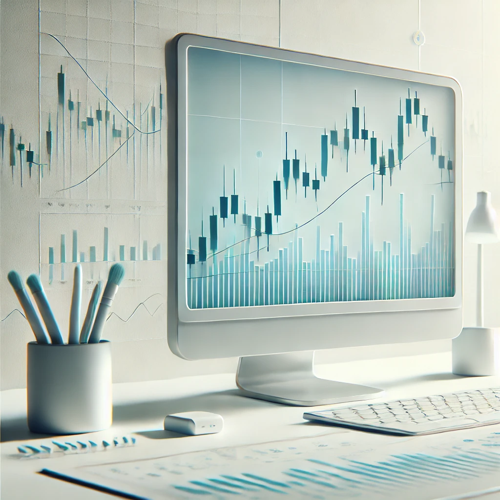
Physical Investment and Forex Differences
What are the Differences Between Physical Investment and Forex? Physical Investment and Forex Invest. Start Forex Trading.
1. Investment Type and Physical Asset
Physical Investment: Physical investment is usually made in tangible assets. These include real estate (house, land), precious metals such as gold, silver or collectibles. This type of investment involves buying and owning a physical asset.
Forex: Forex (Foreign Exchange) is a type of investment in the foreign exchange market. Traders aim to make a profit by trading between currency pairs (e.g. EUR/USD). No physical assets are traded here; transactions take place entirely digitally.
2. Liquidity
Physical Investment: Physical assets are generally less liquid. For example, selling a property can take time and the sales process can be complex. Precious metals such as gold may be more liquid, but there are still physical sale and purchase transactions.
Forex: The Forex market has high liquidity because there is a large volume of trading in the market and currencies can usually be bought and sold quickly.
3. Risk and Market Speed
Physical Investment: The value of physical assets is generally more stable, but this can result in lower return potential. For example, the value of real estate is often affected by economic fluctuations, but can often appreciate in value over the long term.
Forex: The forex market can be highly volatile. Exchange rates can change rapidly depending on short-term economic data, political events and market sentiment. This volatility provides the potential for high returns.
4. Market Hours and Access
Physical Investment: Physical investment markets are usually limited to certain opening hours and usually require a real estate agent, jeweller or similar intermediary to trade.
Forex: The Forex market is open 24 hours a day, 5 days a week, which offers traders a flexible trading environment. It can be traded over the internet, which makes it easy to access. You can do it from anywhere in the world.
5. Initial Capital and Transaction Amount
Physical Investment: Physical investments usually require a higher initial capital. For example, buying a house requires a large amount of capital, while buying a quantity of gold also requires a certain amount of investment.
Forex: In the forex market, the initial capital can often be lower. However, thanks to the use of leverage, larger transactions can be made with a smaller capital, which allows you to make high profits with both opportunities and low portfolios.
6. Taxation and Regulations
Physical Investment: The taxation and regulation of physical assets varies by country and is usually associated with transactions such as transfer of ownership or sale.
Forex: Forex transactions are generally subject to financial market regulations and are assessed according to tax legislation. Foreign exchange trading is supervised and regulated by regulatory bodies.



